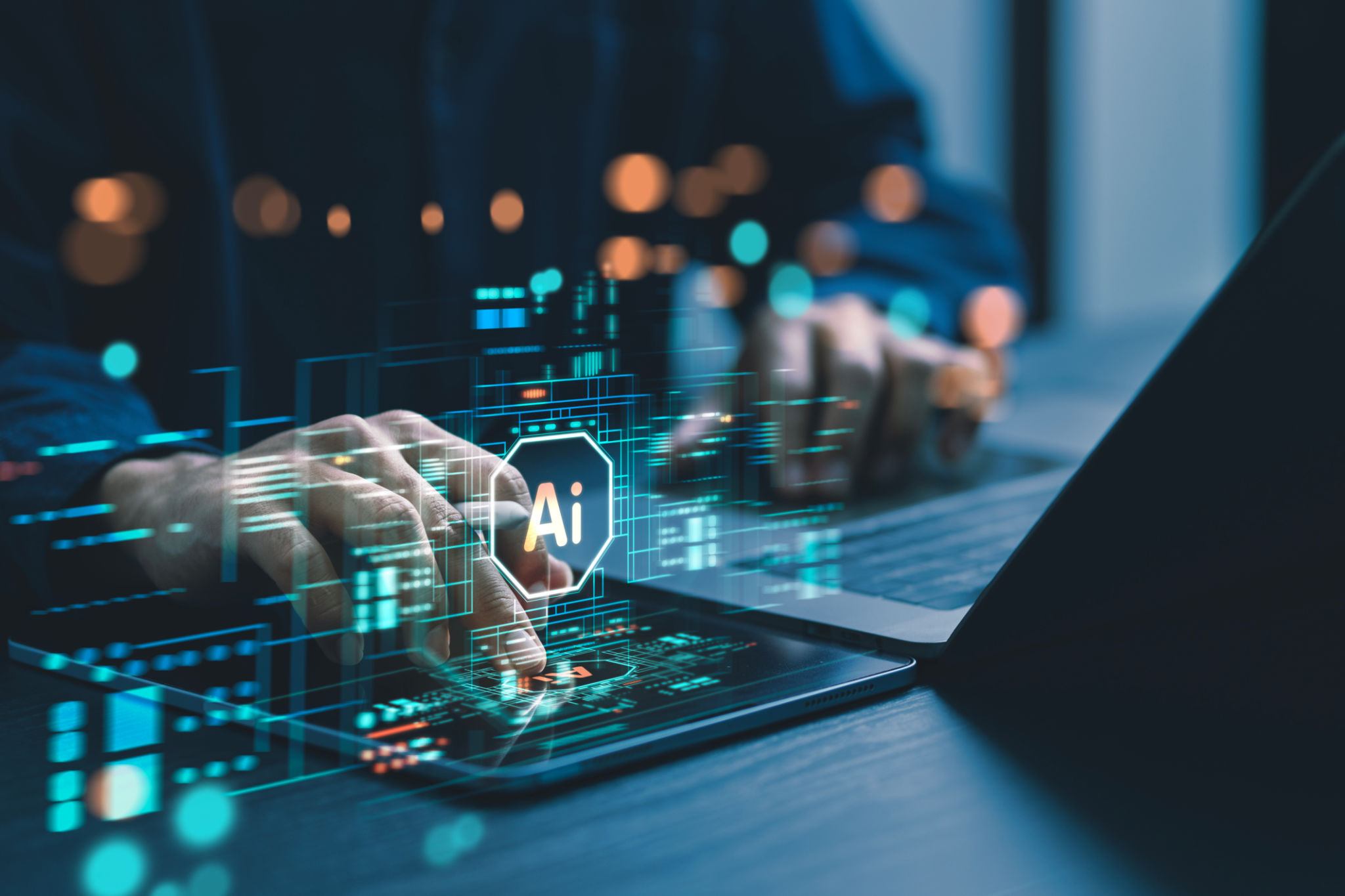Debunking Common Myths About AI in Business Transformation
The Role of AI in Business Transformation
Artificial Intelligence (AI) is increasingly being integrated into various aspects of business operations, yet misconceptions about its capabilities and limitations persist. Clearing up these myths is essential for organizations considering AI's role in transforming their business processes. Here, we debunk some common myths surrounding AI in business transformation.

Myth 1: AI Replaces Human Jobs
One of the most prevalent myths is that AI will lead to widespread job losses. While AI can automate repetitive tasks, it is more of a tool that enhances human capabilities rather than replaces them. In fact, AI often creates new job opportunities and roles that focus on managing and interpreting AI technologies.
According to recent studies, AI is projected to create more jobs than it displaces by enabling humans to focus on more complex and creative tasks. This shift allows employees to engage in work that requires emotional intelligence, problem-solving, and critical thinking—skills that AI cannot replicate.
Myth 2: AI Implementation is Expensive and Complex
Another common myth is that integrating AI into business operations is prohibitively expensive and complex. While initial investments can be significant, the long-term benefits often outweigh the costs. Improved efficiency, reduced operational costs, and enhanced customer experiences are just some of the advantages businesses can gain from AI.
Moreover, with advances in technology, AI solutions are becoming increasingly accessible to small and medium-sized enterprises. Cloud-based AI services offer scalable solutions that allow businesses to start small and expand as needed without heavy upfront investments.

Myth 3: AI Can Make Decisions Without Human Intervention
Many people mistakenly believe that AI systems can operate entirely autonomously without human oversight. While AI can process data at incredible speeds and provide insights, human intervention is crucial for decision-making. AI lacks the ability to understand context or moral implications, which are essential components of many business decisions.
For effective deployment, businesses must establish a symbiotic relationship where AI provides data-driven insights and humans apply judgment and ethical considerations. This collaboration ensures that the decisions align with the organization's goals and values.
Myth 4: AI is Only for Tech Companies
Contrary to popular belief, AI is not limited to tech giants or companies with extensive IT resources. Its applications span various industries, including healthcare, finance, retail, and manufacturing. Businesses across all sectors can harness AI to optimize operations, enhance product offerings, and improve customer service.
For instance, retailers use AI for personalized marketing and inventory management, while healthcare providers apply it for diagnostic imaging and patient care. This versatility demonstrates that AI has a place in virtually any industry willing to embrace innovation.

Conclusion: Embracing AI Wisely
Debunking these myths helps businesses appreciate the true potential of AI in transforming operations and achieving strategic objectives. By understanding what AI can—and cannot—do, organizations can make informed decisions about how to integrate these technologies effectively.
Businesses should approach AI as a powerful ally that complements human skills rather than a replacement. With the right mindset and strategic planning, AI can be a game-changer in driving innovation and competitiveness in today's fast-paced business environment.